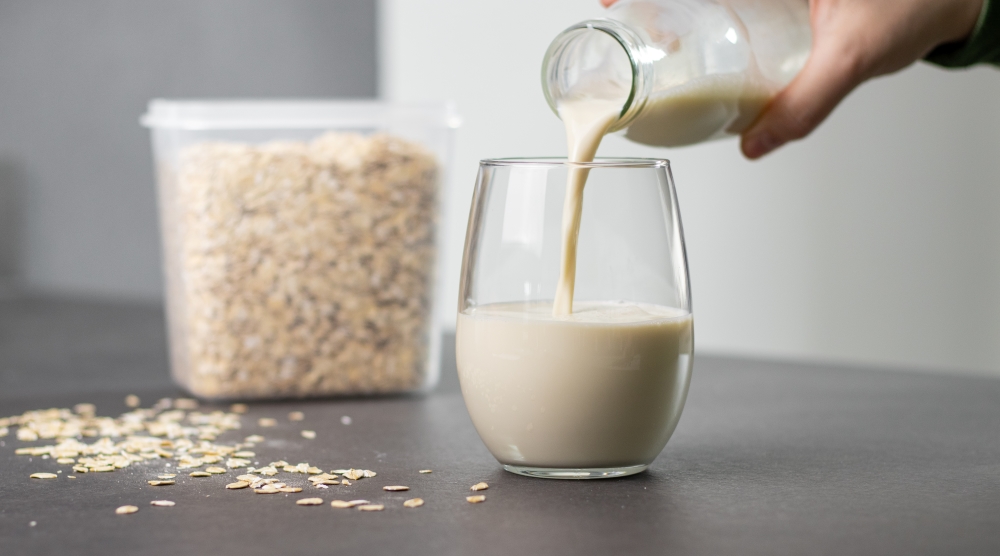Legal updates
Soured (oat)milk: Supreme Court finds Oatly’s POST-MILK GENERATION mark invalid
11 February 2026

This website will offer limited functionality in this browser. We only support the recent versions of major browsers like Chrome, Firefox, Safari, and Edge.
Following the acceptance of additional evidence, the Board found that McDonald’s had demonstrated that it had put the BIG MAC mark to genuine use for at least some goods and services protected by the mark including (crucially) meat sandwiches and restaurant services.
In 2017, as the latest step in an ongoing series of trade mark disputes between the two brands, the Irish fast food chain Supermacs filed a non-use revocation action against McDonald’s BIG MAC mark, which had first been registered in 1998, on the basis that the mark had not been put to genuine use for a continuous five-year period.
In response, as evidence of genuine use McDonald’s submitted five annexes including affidavits from employees in Germany, France and the UK affirming sales of Big Macs for the proceeding 5 years, as well as menus, packaging and promotional materials from its EU websites and a copy of the Big Mac Wikipedia page.
The Cancellation Division was critical of this evidence, finding that it was insufficient to establish the place, time, extent and nature of the use of the BIG MAC mark and consequently failed to demonstrate genuine use. In particular, it gave less weight to the affidavit evidence than it would an independent source and determined that the packaging and promotional material printouts, in the absence of accompanying evidence of website traffic or consumer purchases, did not demonstrate genuine use. The Wikipedia page was considered unreliable on the basis that its contents can be edited by members of the public. As a result, the mark was revoked in its entirety.
McDonald’s filed an appeal in March 2019, submitting an additional 13 annexes of evidence of genuine use of BIG MAC, including consumer surveys, copies of receipts from cash registers, advertising material, affidavits confirming advertising costs, financial audit reports, and Google analytics data, among other evidence of marketing and direct sales.
The Board allowed the evidence, finding it admissible because it supplemented and built on the evidence submitted in the cancellation proceedings and could be relevant to the outcome of the action.
Following examination of the evidence in relation to each of the goods and services for which the mark was registered, the Board found that BIG MAC had been used by McDonald’s both to identify a specific meat sandwich (i.e. the Big Mac) as well as to promote McDonald’s as the food provider. An extensive amount of evidence demonstrated that the ʻBig Macʼ was an iconic flagship product intrinsically linked to McDonald’s for more than 40 years and that McDonald’s use of the mark was intended to distinguish its restaurant services from those of third parties.
However, McDonald’s additional evidence failed to demonstrate genuine use of BIG MAC for the other goods and services for which it had been registered, including coffee, milk, deserts, chocolate, pickles, and cheese among others (the last two being components of the Big Mac itself). The appeal was therefore only partially allowed, with the Cancellation Division’s original revocation standing for all goods and services other than, essentially, meat sandwiches and restaurant services.
It is important that rights holders keep their marks in use to avoid challenges to key brands like these and that they retain evidence of such use so that it can be readily deployed when needed. The decision also highlights the importance of a trade mark owner putting their best foot forward when defending a revocation action for non-use, making sure to file sufficient evidence of genuine use, both qualitatively and quantitatively, even for the most well-known and widely used marks. Although the EUIPO Appeal Board allowed McDonald’s to file additional evidence in support of its appeal, there was no guarantee that it would do so and other IPOs may take stricter approaches to supplementary evidence.
This article was written by Alison Brennan and Harry Jewson. If you require any assistance in relation to registering or challenging a trade mark or other form of IP, or would like further information, please contact Alison, Harry, or Emily Roberts (Partner).
Subscribe to our quarterly Concept newsletter and receive the latest intellectual property legal updates, news, and event invitations direct to your inbox.
Want more Burges Salmon content? Add us as a preferred source on Google to your favourites list for content and news you can trust.
Update your preferred sourcesBe sure to follow us on LinkedIn and stay up to date with all the latest from Burges Salmon.
Follow us